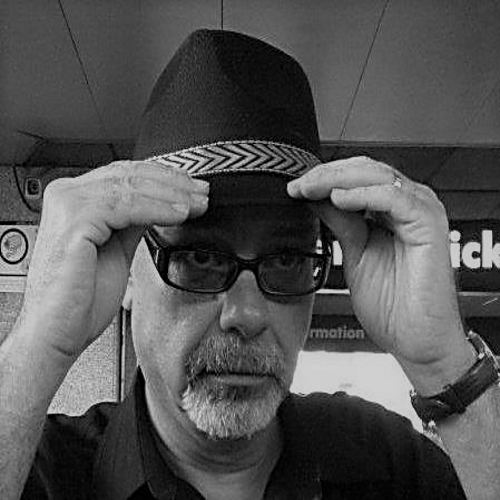J.L. Torres was born in Cayey, Puerto Rico, a town in the center of the island. He grew up in the South Bronx and received all of his formal education in the States, then returned to the island to find “roots” and material for his writing. After years teaching at the college level there, he returned to New York. Besides New York City, he has lived in Madrid, Chicago, Los Angeles, and most recently in Barcelona on a Fulbright. His work focuses on the diasporican experience—living in the inbetweeness that forms and informs the Puerto Rican experience in the US and the island. In the collection, The Family Terrorist and Other Stories (Arte Publico),the novel, The Accidental Native (Arte Publico), as well as his poetry collection Boricua Passport (2Leaf Press), he aims to go beyond issues of identity, although these are central to that experience. “Through my fiction,” says Torres, “I am exploring what it means to live a life yearning for ‘belongingness’ at a time when you’re told nation and home are empty concepts, and you have no historical memory of what they ever meant.”
Torres holds a Ph.D. from the University of Southern California, and an MFA in Creative Writing from Columbia University. His MFA thesis was a collection of short stories, Salchichon Soup, some of which have been revised and re-written and included in Family Terrorist. Before earning the MFA, he freelanced with magazines and newspapers, was the Managing Editor for the popular, but now defunct salsa magazine, Latin NY, and published a string of stories in small magazines, including one anthologized in Growing Up Latino, a volume published by Houghton-Mifflin.
While working on his doctorate, and learning to write critical essays, he channeled his creative writing efforts to poetry. To date, he has published various poems in journals such as the North American Review, Denver Quarterly, the Americas Review, Crab Orchard Review, Bilingual Review, Connecticut Review, Tulane Review, Puerto del Sol, among others. Recently, he has returned to his first love, writing fiction and presently he’s working on a collection of stories dealing with estrangement and researching material for a novel on the Puerto Rican icon, Roberto Clemente.
Currently, Torres is Professor of English at SUNY Plattsburgh, where he teaches American literature, Latina/o literatures, and Creative Writing. He is the Editor of the Saranac Review and the Co-Editor, along with Carmen H. Rivera, of Writing Off the Hyphen: New Perspectives on the Literature of the Puerto Rican Diaspora.
He lives in Plattsburgh, New York—known to friends and relatives as “carajo county”—with his wife and two sons, a spirited Coton de Toulear called Moe-Jo, and a lot of snow. He has no known hobbies, has never been in prison or any gangs, has never had quirky and funky jobs, and is notoriously inept with tools.
Eckleburg: What captures your interest most in your work, now, as a reader of your work?
J.L. Torres:
Given the distractions and attention span of the contemporary reader, I’m most concerned about the level of engagement and pacing in my work. So, when I revise my own work, I am interested in how the narrative moves and when it hits that twang that Robert Olin Butler talks about. I read to feel my involvement with my characters once I have the necessary distance that I can do that.
Eckleburg: What are you working on now?
J.L. Torres:
A collection tentatively title, Roots in the Sky, centers on the Diasporicans, those Puerto Ricans who migrated from the “homeland” beyond the geographical sense. These are stories about self-exiles, unhomed and unhinged people, estranged from loved ones, family, culture, collective history and anything resembling “bearings.”
Eckleburg: Who and what are your artistic influences?
J.L. Torres:
I’ve had a long love affair with reading and literature, and the influences on my writing are as diverse as my DNA. Naming a few would be like slighting the memory of a writer that along my career had an impact on some aspect of my writing life. But I have to say that Piri Thomas made me feel like I could tell stories about people like me, and the writers of the Latin American Boom opened a universe of creative possibilities. Contemporary favorites include David Mitchell, Lorrie Moore, Luis Alberto Urrea, Haruki Murakami and Alice Munro.
Eckleburg thanks J.L. Torres. Do you have new work published here at Eckleburg or elsewhere? Add your Selfie Interview and share the news with our 10,000+ reading and writing community. If you have a new book out or upcoming, join our Eckleburg Book Club and let our readers know about it.



